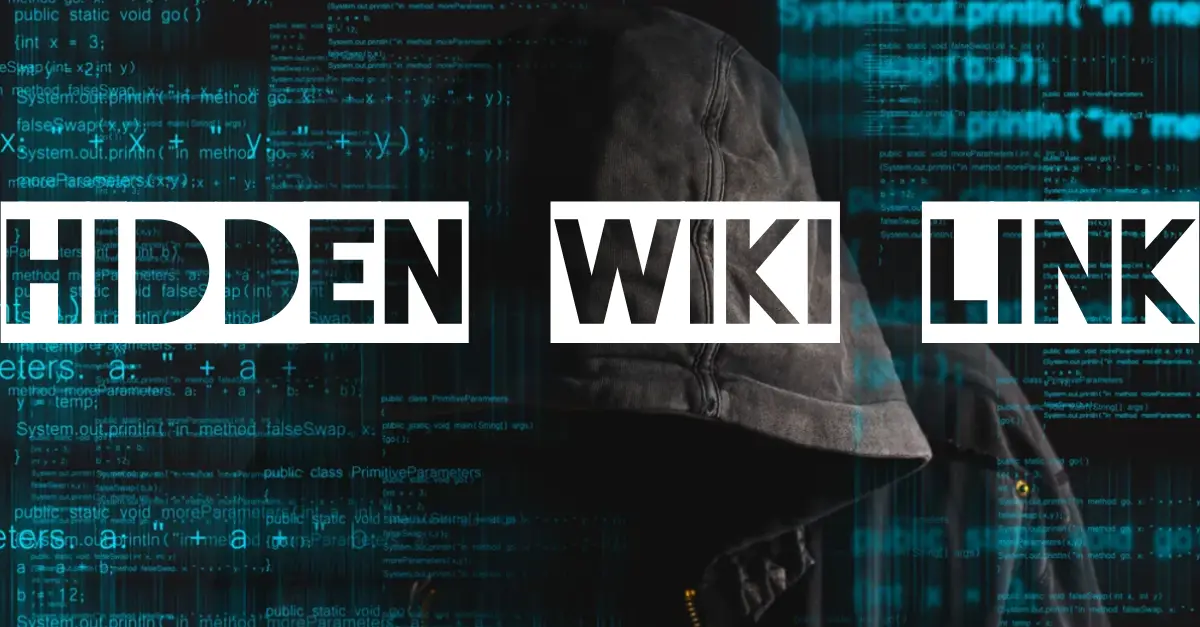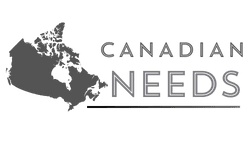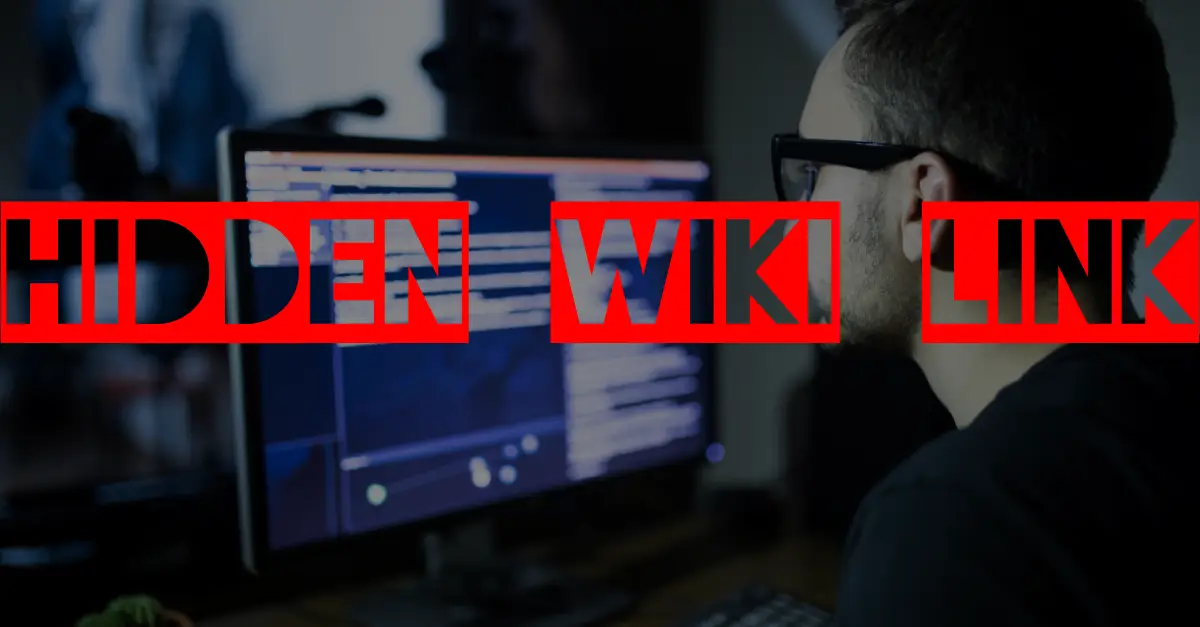In the vast expanse of the internet, there exists a shadowy realm that few dare to venture into: the Dark Web. Unlike the familiar surface web, the Dark Web is cloaked in anonymity, a hidden network where secrecy reigns supreme. Among its most intriguing and elusive aspects is the so-called “Hidden Wiki,” a directory of links that serves as a gateway to this enigmatic underworld. But what exactly is the Hidden Wiki link, and why is it shrouded in such mystery?
The Hidden Wiki Unveiled
In the labyrinthine depths of the internet, a clandestine directory known as the Hidden Wiki serves as a gateway to the Dark Web. This obscure and often misunderstood resource provides a glimpse into a hidden world where anonymity reigns supreme, and the boundaries of legality and morality are frequently tested. But what exactly is the Hidden Wiki, and what secrets does it hold?
What is the Hidden Wiki?
The Hidden Wiki is an unofficial directory of websites hosted on the Tor network, an anonymity network designed to conceal the identities and locations of its users. Unlike conventional websites, which can be accessed through standard web browsers, the sites listed on the Hidden Wiki require the use of the Tor Browser. This specialized browser allows users to navigate the Dark Web while preserving their anonymity by routing their internet traffic through a series of volunteer-operated servers.
The Hidden Wiki operates as a kind of index for the Dark Web, providing links to a diverse array of sites. These sites cover a broad spectrum of topics and purposes, from forums and blogs to marketplaces and whistleblowing platforms. However, the directory is not officially sanctioned or regulated, and its content can vary widely in terms of legality and ethicality.

The Hidden Wiki: The Good, the Bad, and the Ugly
The Hidden Wiki, a directory of links on the Dark Web, offers a fascinating yet controversial glimpse into the depths of the internet. Its contents range from valuable resources for privacy advocates to dangerous sites engaging in illegal activities. Here’s a closer look at the Good, the Bad, and the Ugly of the Hidden Wiki.
The Good
- Privacy and Anonymity: The Hidden Wiki includes links to tools and services designed to protect users’ privacy and anonymity. These can be invaluable for journalists, activists, and individuals living under oppressive regimes. Tools like Tor, which the Hidden Wiki operates on, help maintain anonymity and secure communications.
- Whistleblowing Platforms: Sites like Secure Drop offer a safe and anonymous way for whistleblowers to share information with journalists. These platforms are crucial for exposing corruption, human rights abuses, and other sensitive issues without risking the source’s identity.
- Uncensored Information: The Hidden Wiki provides access to uncensored information and forums where people can freely discuss topics that might be banned or restricted in their countries. This freedom of speech is vital for those living in areas with strict censorship laws.
The Bad
- Illegal Marketplaces: The Hidden Wiki is notorious for listing links to Dark Web marketplaces where illegal goods are traded. These marketplaces often sell drugs, weapons, counterfeit currency, and stolen data. While some view this as a form of resistance against government control, it also facilitates crime and poses significant risks to public safety.
- Scams and Phishing Sites: The Dark Web is rife with scams, and the Hidden Wiki is no exception. Many sites listed are designed to deceive and defraud users. These scams can range from fake marketplaces to phishing sites that steal personal information and financial data.
- Malware: Visiting the Hidden Wiki and its linked sites can expose users to malware. Malicious software can compromise your system, steal sensitive data, and even provide remote access to hackers. This makes exploring the Hidden Wiki particularly hazardous for the uninitiated.
The Ugly
- Child Exploitation: One of the darkest aspects of the Hidden Wiki is its association with sites that host or facilitate child exploitation material. While the community and law enforcement work to shut down such sites, their mere existence is a disturbing and tragic reality of the Dark Web.
- Violent and Extremist Content: The Hidden Wiki can lead users to forums and sites that promote violence, extremism, and terrorism. These platforms can be used to spread propaganda, plan attacks, and radicalize individuals, posing severe threats to global security.
- Human Trafficking: Some of the most heinous activities facilitated by the Hidden Wiki include human trafficking. These sites exploit vulnerable individuals and operate in the shadows, making it difficult for law enforcement to intervene and rescue victims.
Navigating the Hidden Wiki: Proceed with Caution
While the Hidden Wiki offers access to tools and information that can empower individuals, it also exposes users to significant risks. If you choose to explore the Hidden Wiki, here are some critical safety tips:
- Use the Tor Browser: Ensure you are using the official Tor Browser to maintain your anonymity and protect your data.
- Research and Verify Links: Only visit well-known and verified links. Avoid clicking on unfamiliar or suspicious links that could lead to scams or malware.
- Stay Legal: Engaging in illegal activities on the Dark Web can have severe legal consequences. Always stay within the bounds of the law.
- Enhance Security: Use additional security measures such as VPNs, encryption tools, and antivirus software to protect your identity and system.
Why They Don’t Want You to See It
Authorities around the world are keen to suppress the Hidden Wiki for several reasons. First and foremost is the illegal activity it facilitates. Law enforcement agencies strive to shut down Dark Web marketplaces and disrupt criminal networks, viewing the Hidden Wiki as a significant obstacle in their efforts. Additionally, the anonymity provided by Tor makes it difficult to track and apprehend those who engage in illicit activities.
Governments also have a vested interest in controlling information. In countries with strict censorship laws, the Hidden Wiki represents a threat to the state’s ability to regulate what citizens can and cannot see. By promoting uncensored communication, the Hidden Wiki challenges the status quo and empowers individuals to seek out forbidden knowledge.
Navigating the Dark Web Safely
The Dark Web, shrouded in mystery and often associated with illicit activities, is a part of the internet that many find intriguing yet perilous. While it offers unparalleled privacy and anonymity, it also harbors significant risks. For those who choose to explore this hidden corner of the internet, understanding how to navigate it safely is crucial. Here’s a comprehensive guide to help you stay safe while delving into the Dark Web.
Understanding the Dark Web
The Dark Web is a subset of the Deep Web, the part of the internet that is not indexed by standard search engines. It can only be accessed through specific software designed to maintain user anonymity, the most common of which is the Tor network. The Tor network conceals users’ identities and locations by routing their internet traffic through multiple servers, ensuring that each user’s activities are difficult to trace.
Steps for Safe Navigation
- Download the Tor BrowserThe first step to accessing the Dark Web is to download and install the Tor Browser from the official Tor Project website. This specialized browser is configured to protect your anonymity by default. Ensure you download it from the official site to avoid malicious versions.
- Official Tor Browser Download:
- Use a VPNWhile the Tor Browser itself provides a layer of anonymity, using a Virtual Private Network (VPN) adds an additional layer of security. A VPN masks your IP address, making it even more difficult for anyone to track your online activities. Choose a reputable VPN service that does not keep logs of your activities.
- Adjust Browser SettingsFor enhanced security, disable JavaScript and adjust the security settings in the Tor Browser to the highest level. This reduces the risk of exploitation through malicious scripts on Dark Web sites.
- How to Disable JavaScript in Tor: Go to the Tor Browser menu, select “Options,” then “Privacy & Security,” and check the box to disable JavaScript.
- Access Reputable DirectoriesThe Hidden Wiki is one of the most well-known directories on the Dark Web, but it’s essential to use caution when accessing it. There are several versions of the Hidden Wiki, and not all are trustworthy. Look for well-regarded directories and verify their URLs through multiple sources.
- Avoid Illegal ActivitiesMany sites on the Dark Web engage in illegal activities. Engaging with these sites can have severe legal consequences and expose you to scams and malware. Stick to legal and reputable sites, such as those that focus on privacy, security, and free speech.
- Use EncryptionAlways use encrypted communication methods when browsing the Dark Web. This can include using PGP (Pretty Good Privacy) for messaging and ensuring that any site you visit uses HTTPS rather than HTTP. Encryption adds an extra layer of security to your communications.
- Be Cautious with DownloadsAvoid downloading files from unknown or untrusted sources, as they may contain malware. If you must download something, use a reliable antivirus program to scan the file before opening it.
- Regularly Update SoftwareKeep your Tor Browser, VPN, and any security software up to date. Updates often include important security patches that protect against newly discovered vulnerabilities.
- Stay InformedRegularly read security blogs and forums related to the Dark Web and cybersecurity. Staying informed about the latest threats and safety tips can help you avoid potential pitfalls.
- Practice OpSec (Operational Security)
Be mindful of the information you share online. Do not reveal personal information, and use pseudonyms where possible. Good operational security practices are essential to maintaining your anonymity and protecting your identity.
Common Risks on the Dark Web
- Scams and Fraud: Many Dark Web sites are designed to deceive and defraud users. Be wary of offers that seem too good to be true, and always verify the credibility of a site before engaging with it.
- Malware: The Dark Web is rife with malware. Visiting malicious sites or downloading files can compromise your system and data. Use antivirus software and avoid unfamiliar sites.
- Phishing: Phishing attacks are common on the Dark Web. These attacks trick users into providing personal information or credentials, leading to identity theft or financial loss.
- Law Enforcement: While the Dark Web offers anonymity, law enforcement agencies actively monitor it and conduct operations to shut down illegal activities. Engaging in illegal activities can lead to prosecution.
Conclusion
The Hidden Wiki remains a controversial and enigmatic fixture of the Dark Web. Its existence underscores the dual nature of the internet as a tool for both liberation and exploitation. While it offers a haven for free speech and privacy, it also harbors dangerous and illicit activities. As long as the debate over internet freedom and security continues, the Hidden Wiki will remain a symbol of the ongoing struggle between the forces of control and those who champion unregulated access to information.
In the end, the Hidden Wiki is more than just a collection of links; it is a reflection of the internet’s capacity for both good and evil. Whether you see it as a beacon of hope or a Pandora’s box, one thing is certain: the Hidden Wiki is a part of the web that they don’t want you to see, but one that will undoubtedly continue to intrigue and challenge those who seek it out.


